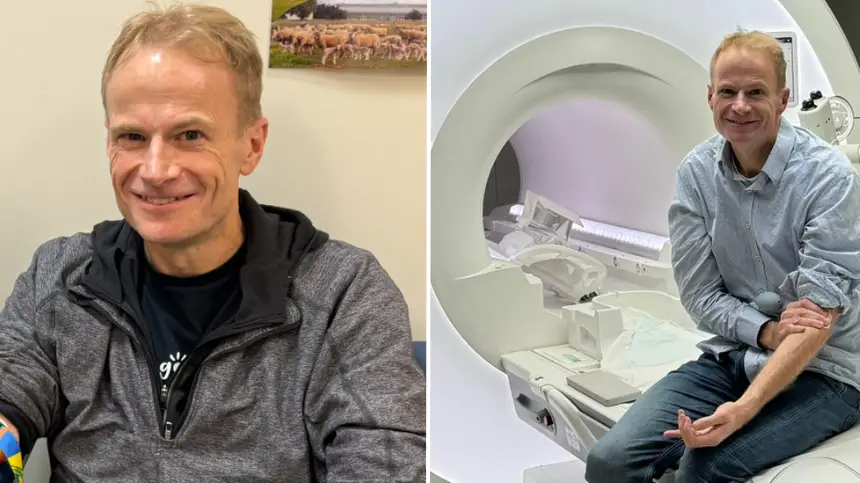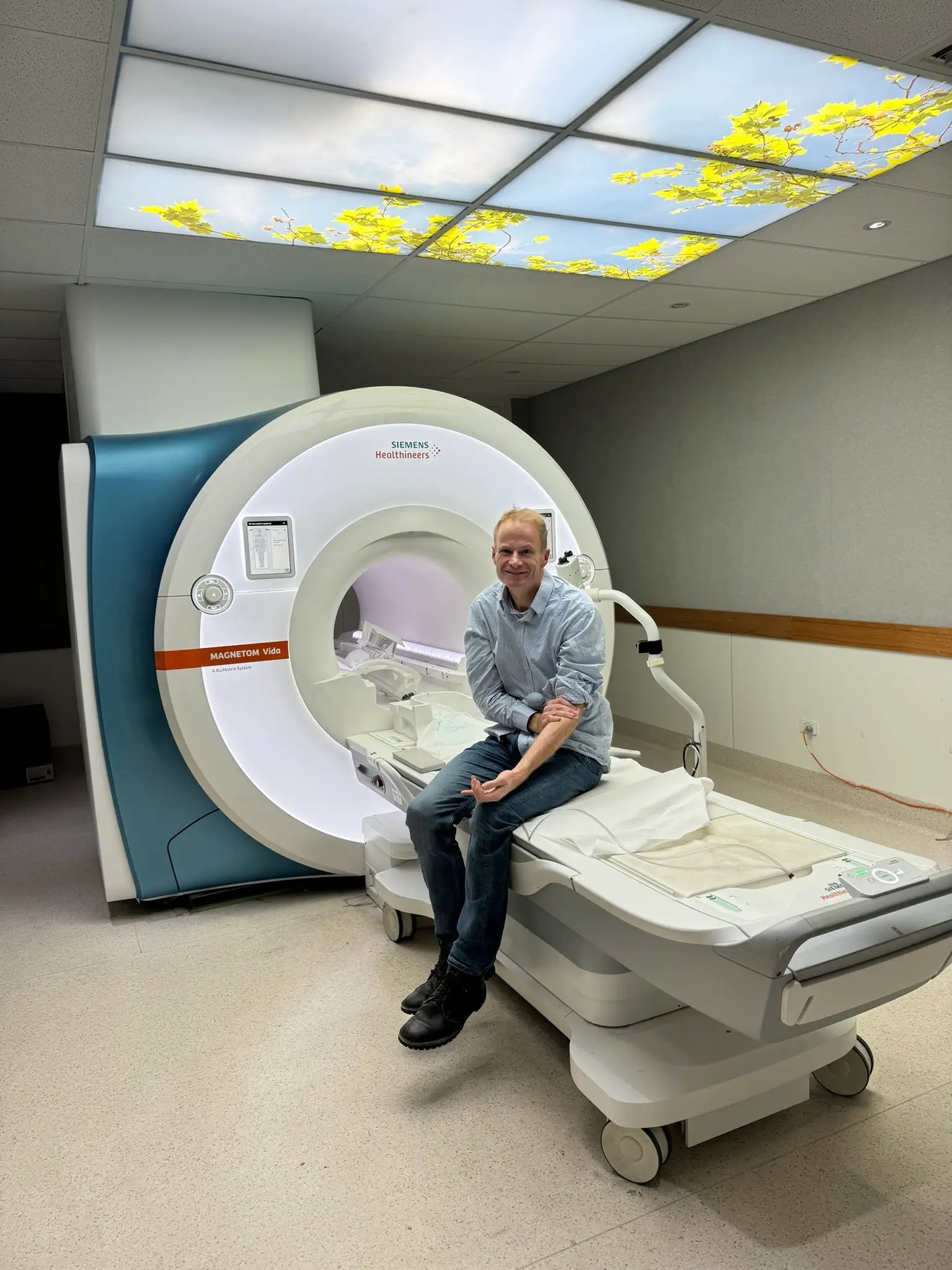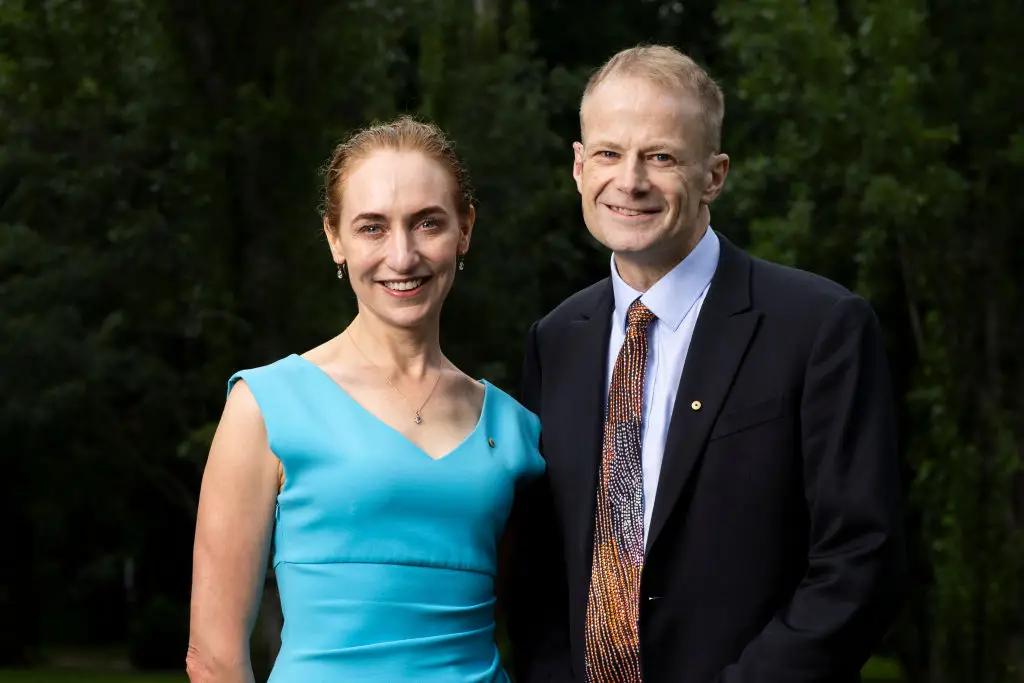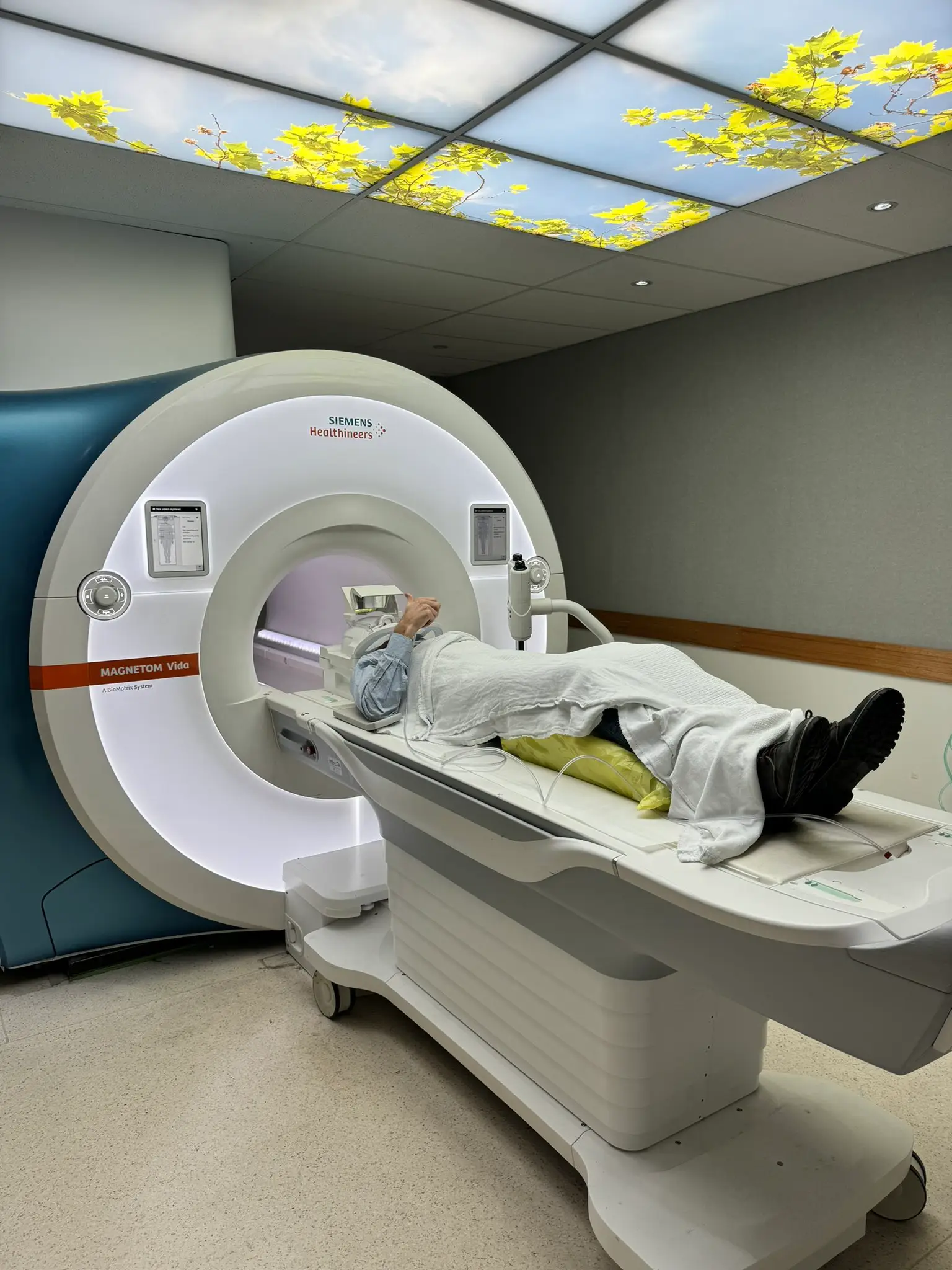
Richard Scolyer, a doctor and professor at the University of Sydney, was diagnosed with a terminal brain tumour last year.
Now, he's now cancer-free - and he credits a treatment he personally helped to develop.
The 57-year-old doctor took to X to share news on Monday that the incurable stage 4 glioblastoma he was diagnosed with in June 2023 has not returned despite the odds.
A miraculous recovery
He wrote: "I had brain #MRI scan last Thursday looking for recurrent #glioblastoma (&/or treatment complications). I found out yesterday that there is still no sign of recurrence. I couldn’t be happier!!!!!”
Richard's diagnosis came about when he suffered a seizure in Poland in May 2023. He was previously fit and healthy and was travelling to speak at medical conventions.
Advert

The discovery of glioblastoma
Upon returning to his homeland of Australia, BBC reported that an MRI scan that led to the discovery of a glioblastoma, a form of terminal brain cancer which is so aggressive and unrelenting, most patients live less than a year after diagnosis.
He told BBC: "To be honest, I was more nervous than I have been for any previous scan. I'm just thrilled and delighted... couldn't be happier."
This year, Richard was jointly awarded the '2024 NSW Australian of the Year', for his work on melanoma, alongside colleague Professor Georgina Long.
For the last 10 years, Richard and Georgina's immunotherapy research, which utilises the body's immune system as a way to attack cancer cells, has had positive effects all around the globe and improved the outcomes for patients of advanced melanoma.

Statistics show that half are now 'essentially cured', a dramatic increase from the previous statistics of up less than 10%.
'I'm the best I have felt for yonks'
Georgina and her dedicated team strategised how best to tackle Richard's glioblastoma.
They found that immunotherapy works at its best when a combination of drugs are used, and when they are administered before any surgery for tumour removal.
As a result, Richard became the world's first ever brain cancer patient to have combination, pre-surgery immunotherapy.

His innovative treatment didn't stop there, though - he was also the first to receive a vaccine specifically tailored to the characteristics of his tumour, in an effort to boost the cancer-detecting powers of the drugs.
After his surgery, he underwent six weeks of radiotherapy.
His treatment got off to a rough start, as he experienced epileptic seizures, pneumonia and live issues.
But now, he's on the mend.
"I'm the best I have felt for yonks", he commented. "It certainly doesn't mean that my brain cancer is cured... but it's just nice to know that it hasn't come back yet, so I've still got some more time to enjoy my life with my wife Katie and my three wonderful kids."
Richard and Georgina have expressed hope that the experimental response will ensure Richard's life lasts for many more years to come, and will one day soon be used in clinical trials for glioblastoma patients.
Topics: Cancer, Health, World News, Hospital